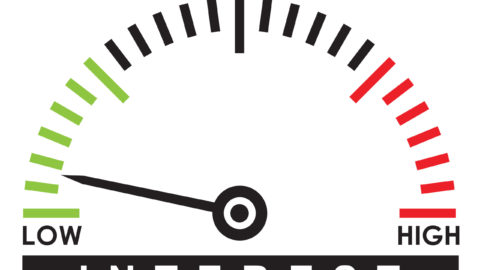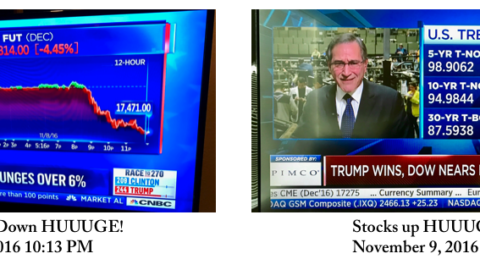Car Shopping…Some people love it, some people hate it
By: Allison Schmidt, Financial Advisor, CFP®, CPA

Car shopping…Some people love it, some people hate it. If it were up to my wife Stacy, we would bike everywhere. But, realistically, we need two cars. We both have mid-size SUVs. Well, I should say we did have those cars, up until a couple weeks ago. With little girl #3 joining us in just about 6 weeks, we needed to get something that would fit our whole crew, including our pup Bailey.
So we had a conversation that I have pretty often with clients about whether to pay cash, finance, or lease a car. Here are a couple things you could consider if you’re in the same boat (err…situation) …
- Cash: Rates. If you read my articles, you probably have noticed a theme when it comes to rates (especially these historically low rates). How much to borrow has everything to do with interest rates, and cars are no different. The time to consider paying cash for a car or making a larger down payment is when the interest rate comes back higher than the rate of return you’d be able to make elsewhere. For example, if you’re a conservative investor, preferring bonds and cash to other investments, and the interest rate on the car you qualify for is 5%, I would consider paying cash because, at today’s rates, the conservative investments available, have almost no chance of making over 5% over the life of the car loan. You’d have more bang for your buck by paying cash.
- Financing: Rates. This just represents the other side of the rate discussion. If you’re more risk tolerant and prefer equity/stock or real estate investments to cash/bonds, then I would look to what you could make on the money you’re saving by not paying cash for the car. Consider financing if the return on your investments could likely exceed the cost of the loan.
Another reason to finance would be the rates on any other loans you have are higher. If you’re able to get financing on your car for less than other debt you hold, consider taking the car loan and paying other debt down first. If your mortgage, student loans, credit cards, OR any other type of debt interest rate exceeds that of the car loan, there’s a pretty good argument that those other loans are a better place for your cash than the car.
- Leasing: Cash flow. Leasing a car will likely lead to lower monthly payments, but for good reason–you’re not buying the car, you’re just borrowing it. If cash flow is tight, leasing can be a way to have lower monthly car payments. Another good reason for leasing is a short-term need for a certain car. If you know you’ll need to either upsize or downsize in a couple years, leasing a car allows you to better estimate your out-of-pocket cost for the current car before making a change, since you don’t have to sell the car at an unknown price. One downside to leasing over long periods of time is that you’ll always have a car payment.
So, all these things considered, what did we do? We ended up with a true mom mobile, a 3 row SUV with captain chairs. This allows us to fit our whole crew and lets Wesley (our 4-year-old) feel like a real big girl since she has the whole back row to herself. We opted to finance the car at 2.39%. Our home mortgage is just under 3%, so in theory, we’d get more bang for our buck putting cash toward the mortgage not the car. But at around 3% and tax deductible, we won’t be doing that either. For us, it makes more sense to stay invested for the long-run because I feel very confident we’ll be able to make considerably more than 3% on average over the next several decades. As always this is certainly not a recommendation and should not be considered investment, tax, or even life advice. Make sure to consult with your financial advisor for feedback on your specific situation.
For more information on interest rates, inflation, or other financial planning strategies, check out our blog at www.hswscolorado.com/blog.
The opinions voiced in this material are for general information only and are not intended to provide specific advice or recommendations for any individual. Bonds are subject to market and interest rate risk if sold prior to maturity. Bond values will decline as interest rates rise and bonds are subject to availability and change in price. All investing involves risk including loss of principal. Securities offered through LPL Financial, Member FINRA/SIPC. Investment advice offered through Higgins & Schmidt Wealth Strategies, a registered investment advisor and separate entity from LPL Financial.








